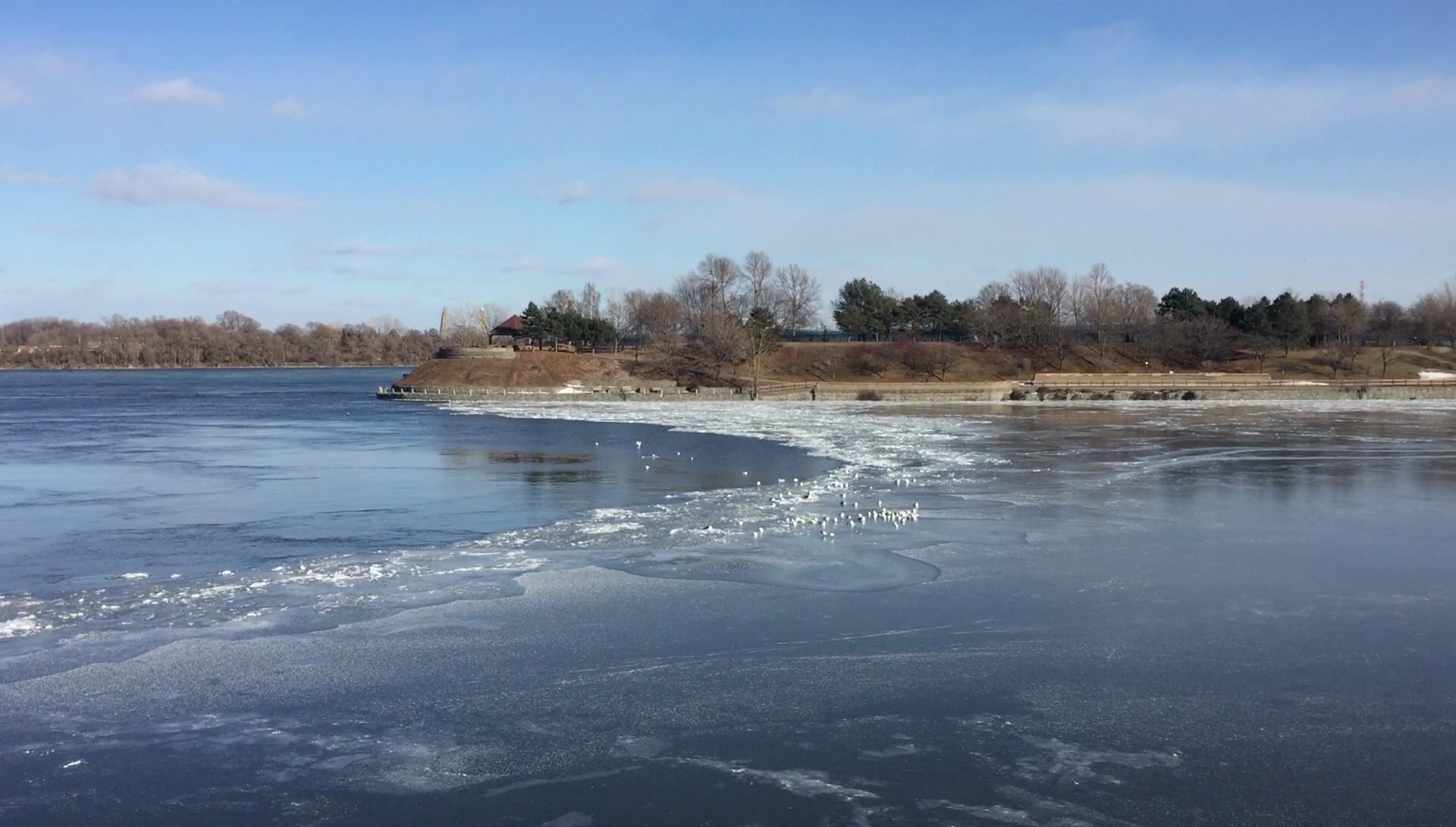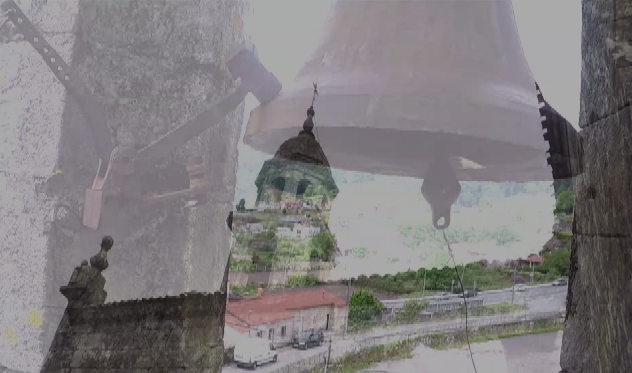

In The Three Ecologies (1989), Félix Guattari cautioned us that genuine response to the ecological crisis would be directly related to a political, social, and cultural revolution, one that should happen on a planetary scale. Instead, what we have witnessed over the years was an intensification of anthropocentric and extractivist activities on behalf of a civilizational economic "progress". Today, climate change and global warming are no longer future predictions, but rather our everyday reality. Increasing poverty, environmental disasters, the emergence and proliferation of new diseases, ocean acidification, pollution, changes in the reproductive cycles and extinction of marine species, floods, droughts, water shortages, deforestation, pesticide poisonings, and large-scale wildfires, among other factors, are daily events we must face and which we also perceive through our bodies. We live in strange times, "In Catastrophic Times," as the philosopher Isabelle Stengers (2015) asserts. However, it is not time to escape, even because there is no place to go, but rather, it is time to resist, to intervene. It is in this sense that art deals with a special challenge in this context - with its social, political, and aesthetic engagement, and particularly with its potential of intervention, generating new perceptions and affections about the ways of living. Inspired by the thinking of Chantal Mouffe (2012) on the need to expand the scope of artistic intervention toward a direct interference in the multiplicity of social spaces, betting on art's micropolitical power, we started in 2014, the research and creation actions that comprise Landscape Emergency project.
Spring Tide

The research-creation entitled Spring Tide was developed between 2014 and 2015 at Requenguela beach, Icapuí region, East Coast of Ceará. With nearly twenty thousand inhabitants, Icapuí, composed of thirteen beaches, with unique landscapes among each other, has artisanal lobster fishing as its main economic activity. Increasing sea level rise and ocean acidification resulting from climate change, combined with the offshore and shallow water (onshore) petroleum extraction in Potiguar Basin, have been contributing over the years to a complete transformation of the landscape and fishing activities in the area. This scenario brought us closer to the tidal flux and the daily life of traditional fishermen communities, especially closer to their temporality. The phenomenon of spring tides on Requenguela beach, with up to 6 km of retreat, enables a sensory-corporeal experience in the environment Sea, at the time Tide, which generates a space-time experience that compels us to constantly confront the paradox between microscopic life and the vastness of the sea, the infinite and the finite, the filled and the emptied, the dry and the humid. The time of fishing and the time of the fisherman's act. Building from this research, we conducted immersive and sensorial performative actions that invited the participant/performer to reconnect with the natural aspects of this territory. Participants: Walmeri Ribeiro, Patricia Caetano, Artur Dória, Eduardo Spenizo, Fabio José, and Clara Bastos
Tides
Video installation. Exhibited at # 18 ART: Art, Emotion and Technology Curated by Paulo Bernardino Museu de Belas Artes| Lisbon | Portugal | 2019
Creation: Walmeri Ribeiro Images: Fábio José, Clara Bastos e Walmeri Ribeiro Editing: Walmeri Ribeiro e Sofia Mussolin
To discuss the relations between the temporalities of nature and art, the video installation Tides is composed of two videos recorded in real-time, between 9:30 AM and 4:30 PM. With a duration of four hours, each video depicts a tidal cycle, from high to low and from low to high, in the continuous sea movements, with its rhythms, flows, and displacements. Facing the temporality of nature printed in the image, we also accompany the displacement of the bodies that guide us to the finitude and (in)finitude of the Sea. The aesthetic choice for a four-hour-long installation confronts, from the digital image, the natural temporality of the tides against the temporality of art and the spectator's body in this space of fruition, thus proposing a look to oneself, a reconnection, in this case, through time, between Human Being and Environment.
Landscape Emergency_LAB

Landscape Emergency_LAB was conducted at Mucuripe beach, the downtown area of Fortaleza city, in Ceará. Fortaleza's famous postcard of Mucuripe beach and its fishermen community holds many stories about the city and its transformations, from the popular struggles to the fishing technology, especially the rafts used to this day in the Ceará seas. Nevertheless, it also portrays the continuous social, human, and ecological degradation of that tiny strip of sand concealed and socially invisibilized from the city. Participants: Walmeri Ribeiro, Patrícia Caetano, Lis Paim, Cecília Andrade, Fábio José, Ana Luiza Rios.
Video produced together with artisanal fishermen from Mucuripe.
Flying Roots
What can we learn from the mangrove? With this inquiry, we carried out the Flying Roots experience at the Sabiaguaba mangrove in Fortaleza (CE). Balance, possibilities, rhizomatic routes, a body under construction, and in relation with the surrounding nature.
Participants: Walmeri Ribeiro, Patrícia Caetano, Fábio José, Clara Bastos, Emily Benvenuto

Inspired by Isabelle Stingers book In Catastrophic Times, where the philosopher reflects on our powerlessness feeling when confronted by catastrophes caused by climate change and their resulting social impacts, Intervening requires a certain briefness
Read More
How can immersive performative experiences in different landscapes, climates, and cultures contribute to paradigmatic changes in our ways of living, inhabiting, and thinking about the world?
Read More
In Borders investigates and discusses poetically the cultural and linguistic differences between geographically and politically delimited territories, Portugal-Galicia|Portuguese-Galician
Read More